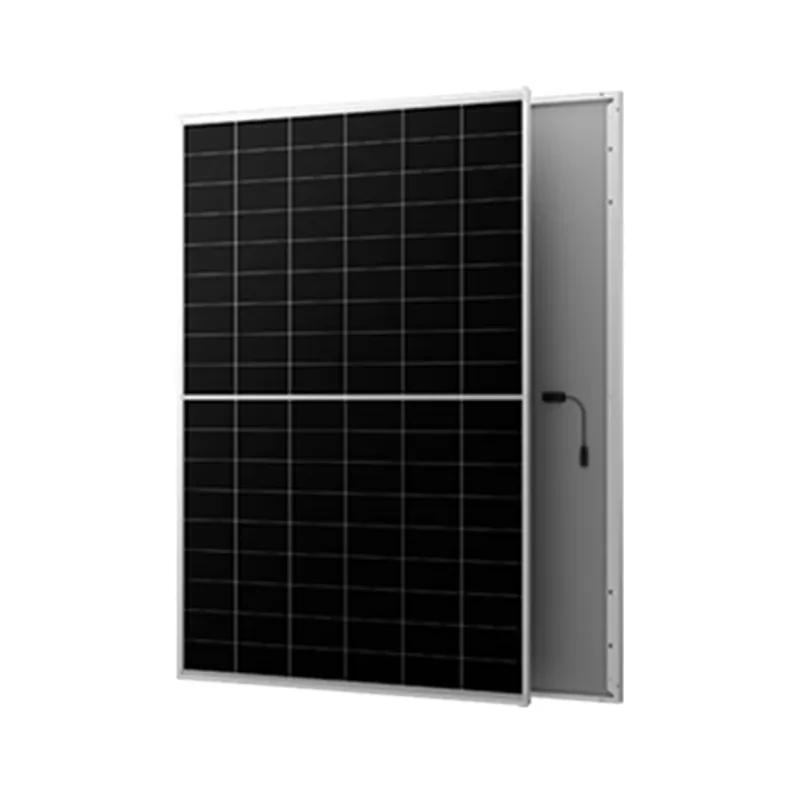Advanced Hybrid Three-Phase Inverter Technology for Enhanced Energy Efficiency and Performance
Hybrid 3-Phase Inverter An Overview of Its Significance in Renewable Energy Systems
In recent years, the energy sector has witnessed a paradigm shift towards cleaner and more sustainable sources of energy. Solar and wind power, in particular, have gained prominence as viable alternatives to traditional fossil fuels. A critical component of systems that harness these renewable resources is the inverter; specifically, hybrid three-phase inverters. This article delves into the workings, advantages, and applications of hybrid three-phase inverters in modern energy systems.
Understanding Hybrid 3-Phase Inverters
A hybrid three-phase inverter is an advanced electronic device capable of converting direct current (DC) electricity, typically generated by solar panels or wind turbines, into alternating current (AC) electricity. The term hybrid refers to its ability to integrate various energy sources, allowing it to operate seamlessly between grid power and renewable energy sources. This flexibility ensures that energy systems can adapt to varying power demands and supply conditions.
The basic principle of operation involves the modulation of the DC input to produce AC output. Hybrid inverters accomplish this through sophisticated algorithms and control strategies that optimize performance, efficiency, and grid compatibility.
Key Features and Advantages
1. Integration of Multiple Energy Sources One of the standout features of hybrid 3-phase inverters is their capability to integrate energy from multiple sources, such as battery storage, solar panels, and the grid. This integration allows for efficient energy management, enabling users to store excess energy generated during peak production hours and utilize it during periods of low generation.
2. Enhanced Reliability and Stability Hybrid inverters are designed for stability and reliability. They can maintain a consistent power supply even during outages by tapping into stored energy from batteries or other renewable sources. This feature is especially valuable in regions with unstable grid power.
hybrid 3 phase inverter

3. Improved Efficiency The design and technology behind hybrid three-phase inverters strive for maximum efficiency, minimizing energy losses during the conversion process. As a result, they can deliver more usable energy to consumers, enhancing the overall performance of energy systems.
4. Smart Energy Management Advanced hybrid inverters come equipped with smart technology that allows for real-time monitoring and remote management. Users can track energy generation, consumption patterns, and system health, enabling informed energy management decisions.
5. Environmental Benefits By facilitating the use of renewable energies and reducing reliance on fossil fuels, hybrid three-phase inverters play a significant role in mitigating greenhouse gas emissions. This aligns with global sustainability goals and governmental efforts to combat climate change.
Applications in Real-World Scenarios
The versatility of hybrid 3-phase inverters lends them to various applications. They are increasingly used in residential buildings, commercial facilities, and industrial setups where energy efficiency and reliability are paramount. For instance, in a residential solar power system, a hybrid inverter can optimize energy usage by directing solar power to household appliances, charging batteries, and feeding excess power back into the grid.
Moreover, hybrid inverters are crucial in microgrid applications, where they allow communities to harness local renewable resources effectively, thereby promoting energy independence and resilience.
Conclusion
In conclusion, hybrid three-phase inverters represent a vital innovation in the shift towards renewable energy systems. Their ability to integrate multiple energy sources, enhance efficiency, and contribute to grid stability makes them indispensable in modern energy infrastructure. As the world moves closer to a sustainable energy future, the evolution and adoption of hybrid inverters will undoubtedly play a crucial role in shaping the landscape of energy generation and consumption.
-
String Solar Inverter: The High-Efficiency Solution for Smart Solar EnergyNewsJul.14,2025
-
Revolutionizing Rooftop Energy with the Power of the Micro Solar InverterNewsJul.14,2025
-
Power Independence with Smart Off Grid Solar Inverter SolutionsNewsJul.14,2025
-
On Grid Solar Inverter: Powering the Future with Smart Grid IntegrationNewsJul.14,2025
-
Monocrystalline Solar Panels: High-Efficiency Power for the Future of Clean EnergyNewsJul.14,2025
-
Bifacial Solar Panel: A Smarter Investment for Next-Generation Energy SystemsNewsJul.14,2025







